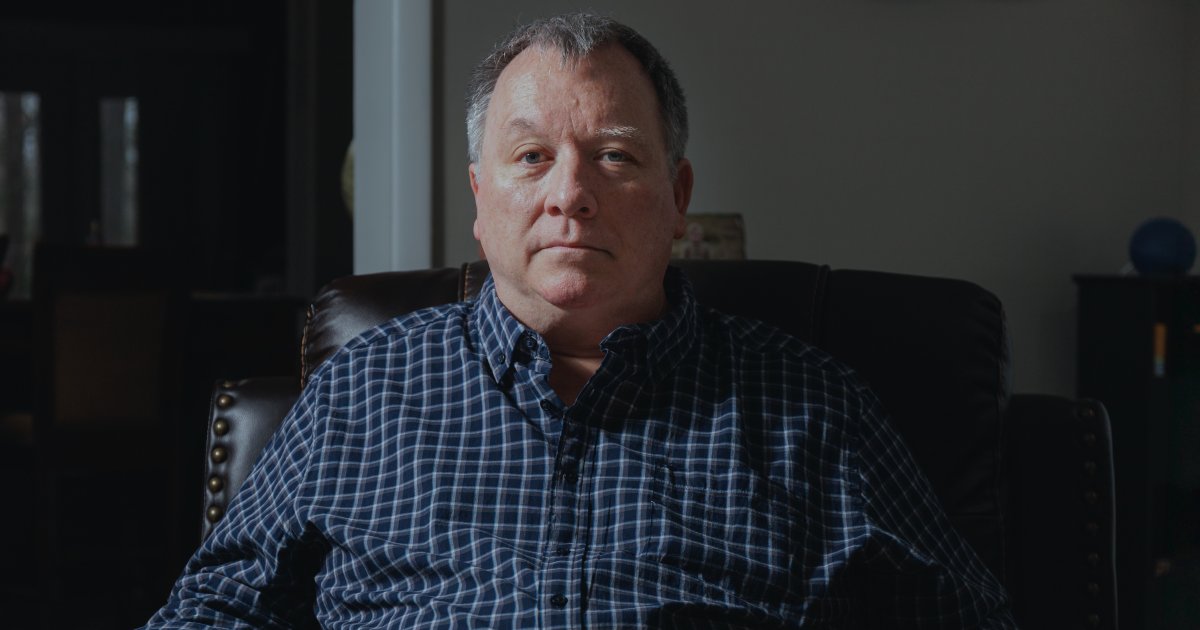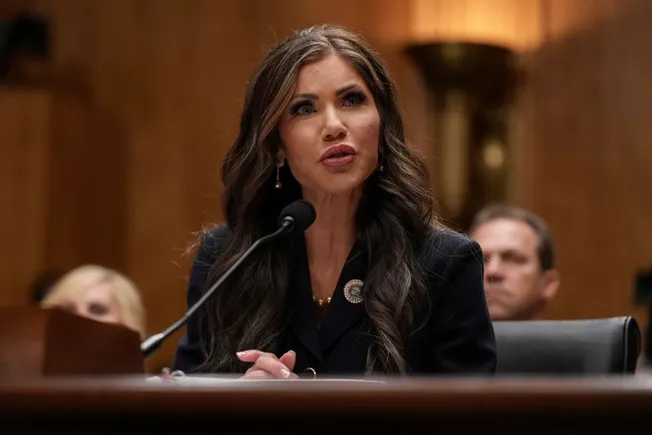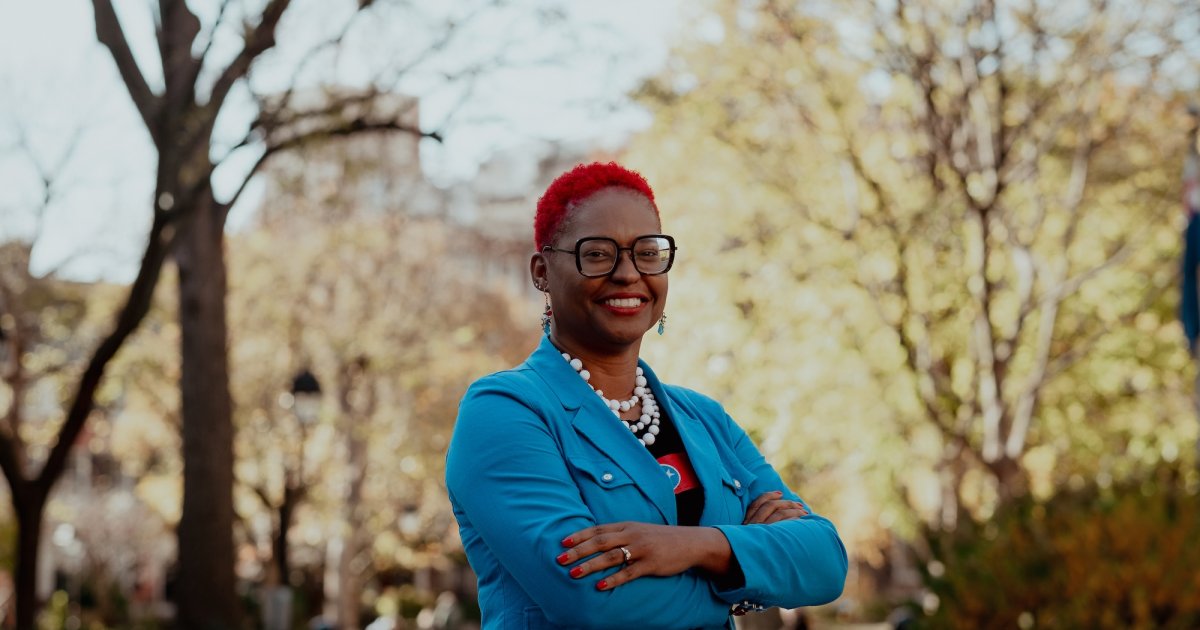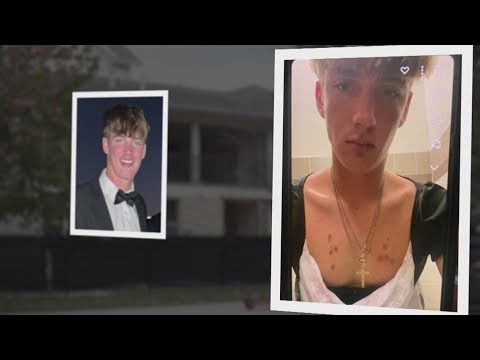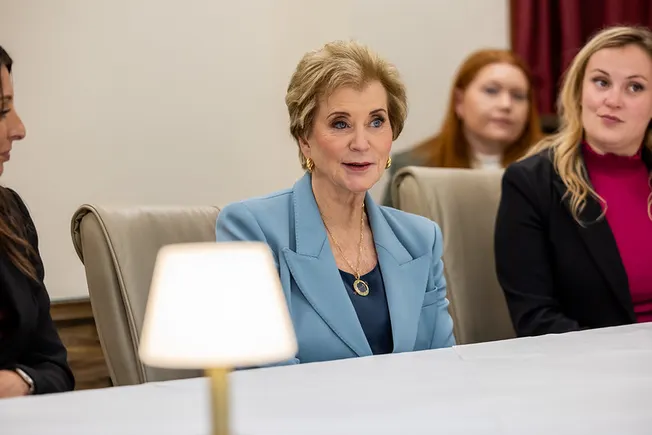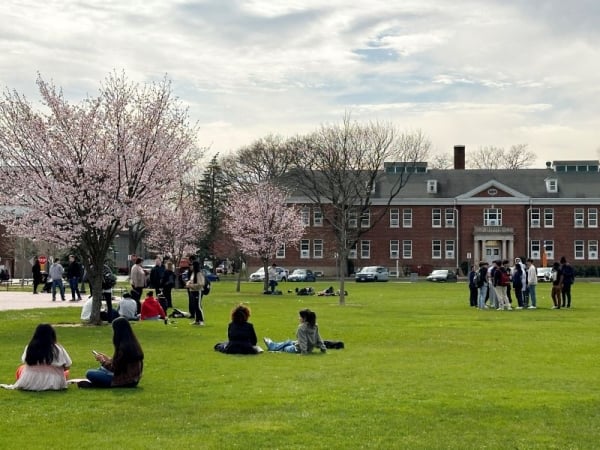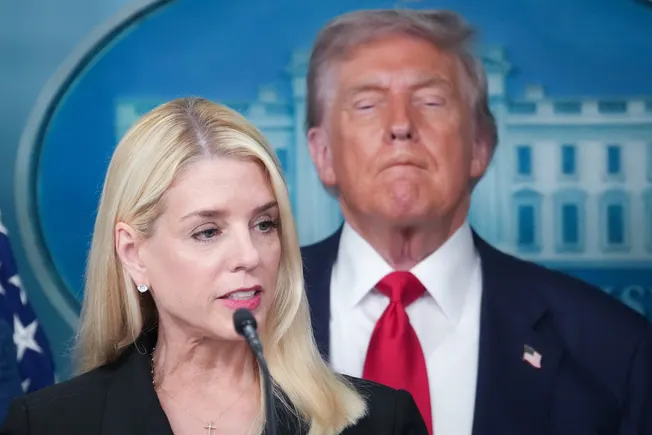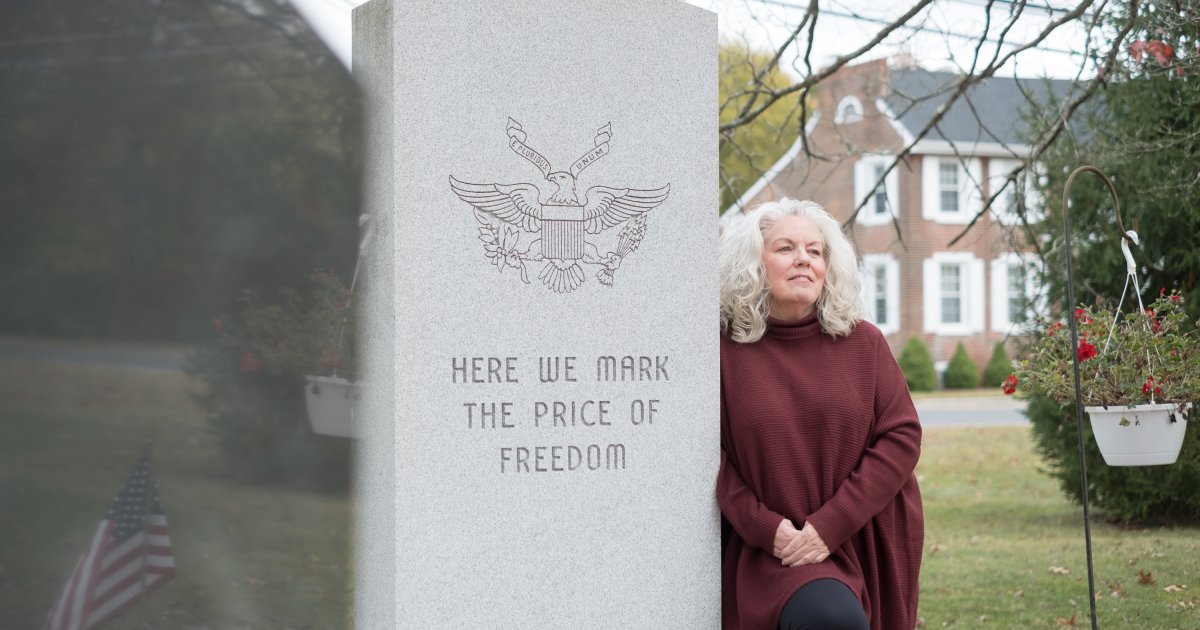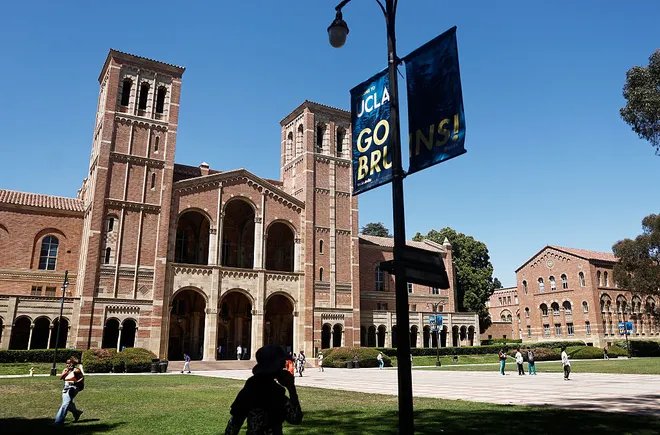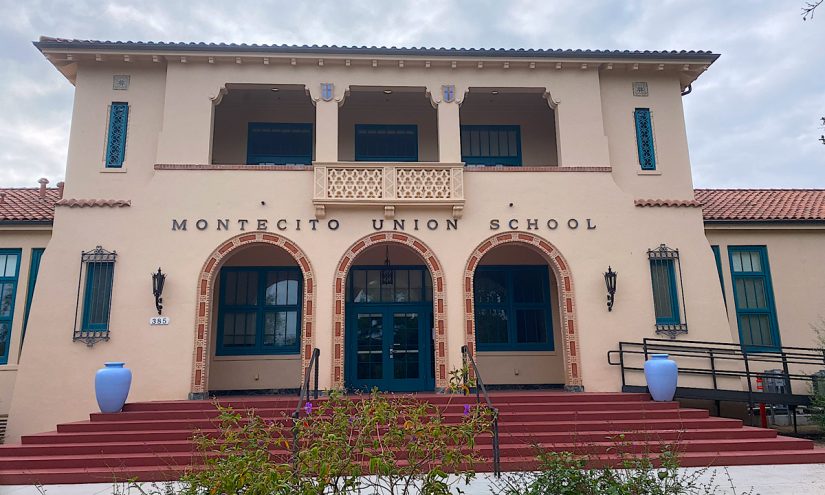NASHVILLE, Dec. 17, 2025 — On Sept. 21, the police came for Larry Bushart. They handcuffed him and hauled him away in the dead of night. He spent 37 days in jail while held on a $2 million bond — an amount the retired police officer could not afford.
It’s the sort of treatment one expects for accused murderers and thieves. But Larry’s only “crime”? In the aftermath of Charlie Kirk’s assassination, he posted a meme on Facebook quoting President Trump’s remarks about a different shooting a year earlier and in a different state.
“I spent over three decades in law enforcement, and have the utmost respect for the law,” said Larry. “But I also know my rights, and I was arrested for nothing more than refusing to be bullied into censorship.”
Today, with the help of the Foundation for Individual Rights and Expression, Larry filed a federal civil rights lawsuit against Sheriff Nick Weems and Perry County, Tennessee, for violating his constitutional rights in retaliation for his protected speech.
“If police can come to your door in the middle of the night and put you behind bars based on nothing more than an entirely false and contrived interpretation of a Facebook post, no one’s First Amendment rights are safe,” said FIRE senior attorney Adam Steinbaugh.
Larry’s ordeal began when he commented on a Facebook post for a Kirk vigil in Perry County. The meme — which Larry did not create — used a picture of Donald Trump, quoted him saying “We have to get over it” following the January 2024 school shooting at Perry High School in Iowa, and included the commentary, “This seems relevant today…”
COURTESY PHOTOS OF LARRY FOR MEDIA USE
Weems concocted the pretext that because the meme referenced the 2024 shooting at Perry High School in Iowa, it could be interpreted as a threat against Perry County High School in Tennessee. At his request, the local police first visited Larry’s home around 8 p.m. to inform him the sheriff’s office might be in contact with him.
Bodycam footage indicates the officer was just as confused as Larry was. “So I’m going to be completely honest with you, I have really no idea what they’re talking about,” he said. “He just called me and said there were some concerning posts that were made… I don’t know, I just know they said something was insinuating violence.”
“No it wasn’t,” Larry responded. “I’m not going to take it down.”
Hours later, Perry County issued a warrant for his arrest, and local police returned after 11 p.m. to arrest him for “threatening mass violence at a school.” Again, bodycam footage indicates local police were just as perplexed about why they were taking him into custody. “I threatened no one . . .” Larry told them. “I may have been an asshole, but . . .”
“. . . that’s not illegal,” the officer finished for him.
Based on Weems’ flimsy justification alone, Larry was locked up for over a month. He lost his job and missed his wedding anniversary as well as the birth of his grandchild. Amazingly, Weems admitted in a later interview that he knew at the time of the arrest that Larry’s post used a pre-existing meme and was not threatening a local high school. But law enforcement left out that extremely important context from their warrant application.
Larry went free only after a media firestorm and widespread backlash. Weems still insisted he was justified in having Larry arrested because the post caused “mass hysteria” in the community. But none of the Facebook responses to Larry interpreted his post as a threat, the Perry County school district has no records of any complaints about Larry’s post, and Perry County and Weems have refused to respond to multiple public records requests requesting evidence of this “mass hysteria.”
With FIRE’s help, Larry is suing Perry County and Weems in the U.S. District Court for the Western District of Tennessee for violating his First Amendment right to free speech and his Fourth Amendment right against unlawful seizure. Larry is also suing Investigator Jason Morrow who, on Weems’ orders, helped procure the misleading arrest warrant. And because Weems and Morrow knew their actions were egregiously unconstitutional, FIRE is suing them in their personal capacities, meaning they would be on the hook for monetary damages. Rounding out Larry’s legal team is Phillips and Phillips, PLLC, in Lexington, TN, which also defended Larry in criminal court.
“This lawsuit goes beyond Larry,” said FIRE attorney David Rubin. “It’s about making sure police everywhere understand that they cannot punish or intimidate people for sharing controversial opinions online. Law enforcement across the country should be on notice: Respect the First Amendment, or prepare to face the consequences.”
The Foundation for Individual Rights and Expression (FIRE) is a nonpartisan, nonprofit organization dedicated to defending and sustaining the individual rights of all Americans to free speech and free thought — the most essential qualities of liberty. FIRE educates Americans about the importance of these inalienable rights, promotes a culture of respect for these rights, and provides the means to preserve them.
CONTACT:
Alex Griswold, Communications Campaign Manager, FIRE: 215-717-3473; [email protected]

